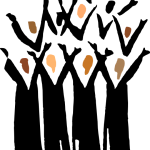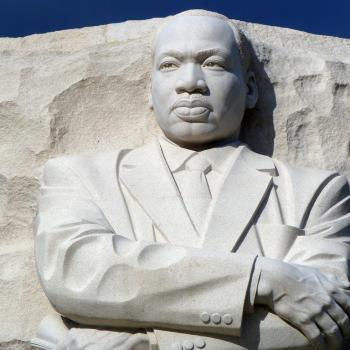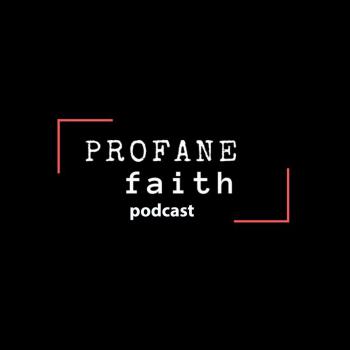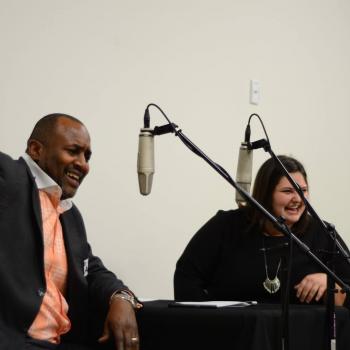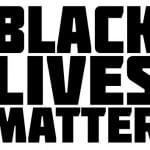 On October 22, 2015 at the forum hosted by the Marshall Project at the White House on Criminal Justice Reform, President Barack Obama said the following below in regard to the Black Lives Matter Movement. There is a lot to unpack here, but most reports suggest that this was a vigorous defense of the Black Lives Matter movement. We would like to ask R3 readers: What did you think about the president’s statement regarding Black Lives Matters? Please share your comments.
On October 22, 2015 at the forum hosted by the Marshall Project at the White House on Criminal Justice Reform, President Barack Obama said the following below in regard to the Black Lives Matter Movement. There is a lot to unpack here, but most reports suggest that this was a vigorous defense of the Black Lives Matter movement. We would like to ask R3 readers: What did you think about the president’s statement regarding Black Lives Matters? Please share your comments.
I want to drive home one point and that is the relationship between race and the criminal-justice system because this is sometimes where politics intrudes. Black Lives Matter is a social media movement that has tried to gel around Ferguson and the Eric Garner case and some other cases that came up, and very rapidly it was posited as being in opposition to the police. And sometimes like any of these loose organizations, some people pop off and say dumb things.
On the other hand, though, it started being lifted up as, “These folks are opposed to police, and they’re opposed to cops, and all lives matter,” so the notion was somehow saying black lives matter was reverse racism, or suggesting that other people’s lives didn’t matter, police officers’ lives didn’t matter.
Whenever we get bogged down in that kind of discussion, we know where that goes. I mean, that’s just down the old track. So let me just suggest this: I think everybody understands that all lives matter. Everybody wants strong, effective law enforcement. Everybody wants their kids to be safe when they’re walking to school. Nobody wants to see police officers who are doing their job fairly hurt. Everybody understands that it’s a dangerous job.
I think the reason the organizers used the phrase “black lives matter” was not because they were suggesting that nobody else’s lives mattered. Rather, what they were suggesting was there is a specific problem that is happening in African American communities that is not happening in other communities. And that is a legitimate issue that we’ve got to address.
I forget which French writer said there was a law that passed that really was equal because rich and poor were forbidden from stealing loaves of bread and sleeping under the bridge. So here’s—that’s not a good definition of equality. There is a specific concern as to whether African Americans are sometimes not treated in particular jurisdictions fairly or subject to excessive force more frequently. I think it’s important for those who are concerned about that to back it up with data, not anecdote, to not paint with a broad brush, to understand that the overwhelming majority of law enforcement is doing the right thing and wants to do the right thing, to recognize that police officers have a really tough job, and we’re sending them into really tough neighborhoods that sometimes are really dangerous, and they’ve got to make split-second decisions, and so we shouldn’t be too sanctimonious about situations that can sometimes be ambiguous.
But having said all that, we as a society, particularly given our history, have to take this seriously. And one of the ways of avoiding the politics of this and losing the moment is everybody just stepping back for a second and understanding that the African American community is not just making this up. It’s not just something being politicized. It’s real. And there’s a history behind it. And we have to take it seriously.
And it’s incumbent then upon the activists to also take seriously the tough job that police have. And that’s one of the things that the post-Ferguson task force did. We had activists who were marching in Ferguson with police chiefs and law enforcement, sitting down and hearing this stuff out. And just assuming good faith in other people, going to the issue of people being cynical, I think is important. I’ve rarely gotten something accomplished assuming the worst in other people. Usually it works better if I assume the best. I just wanted to make that point.

